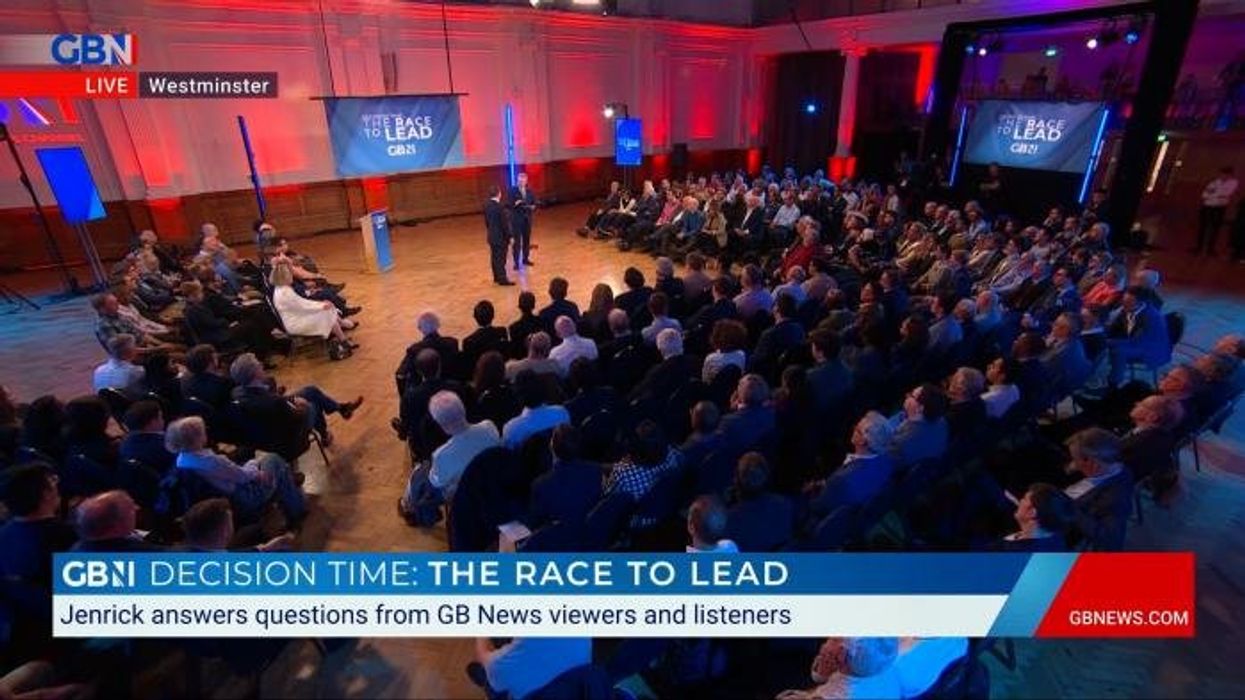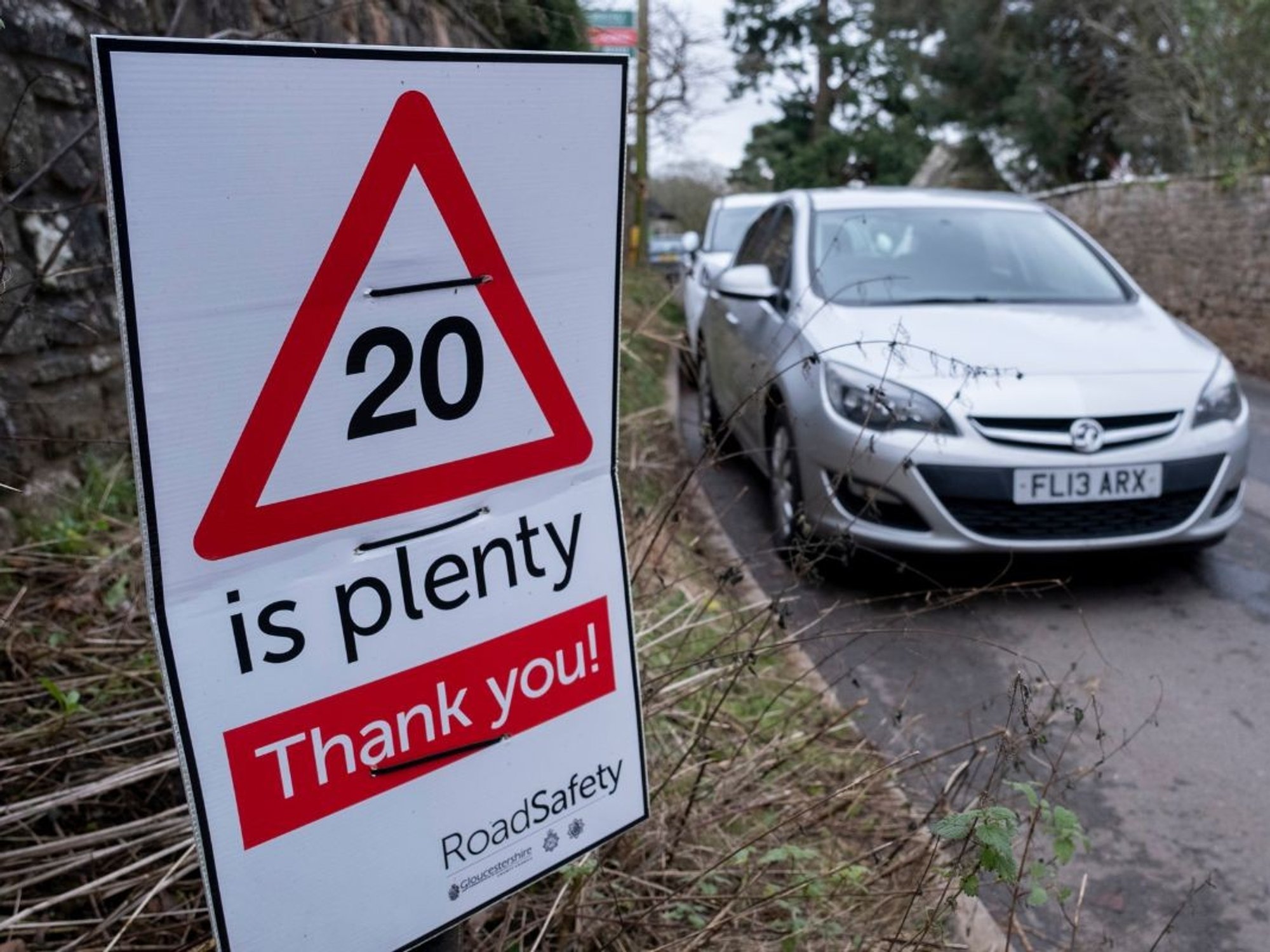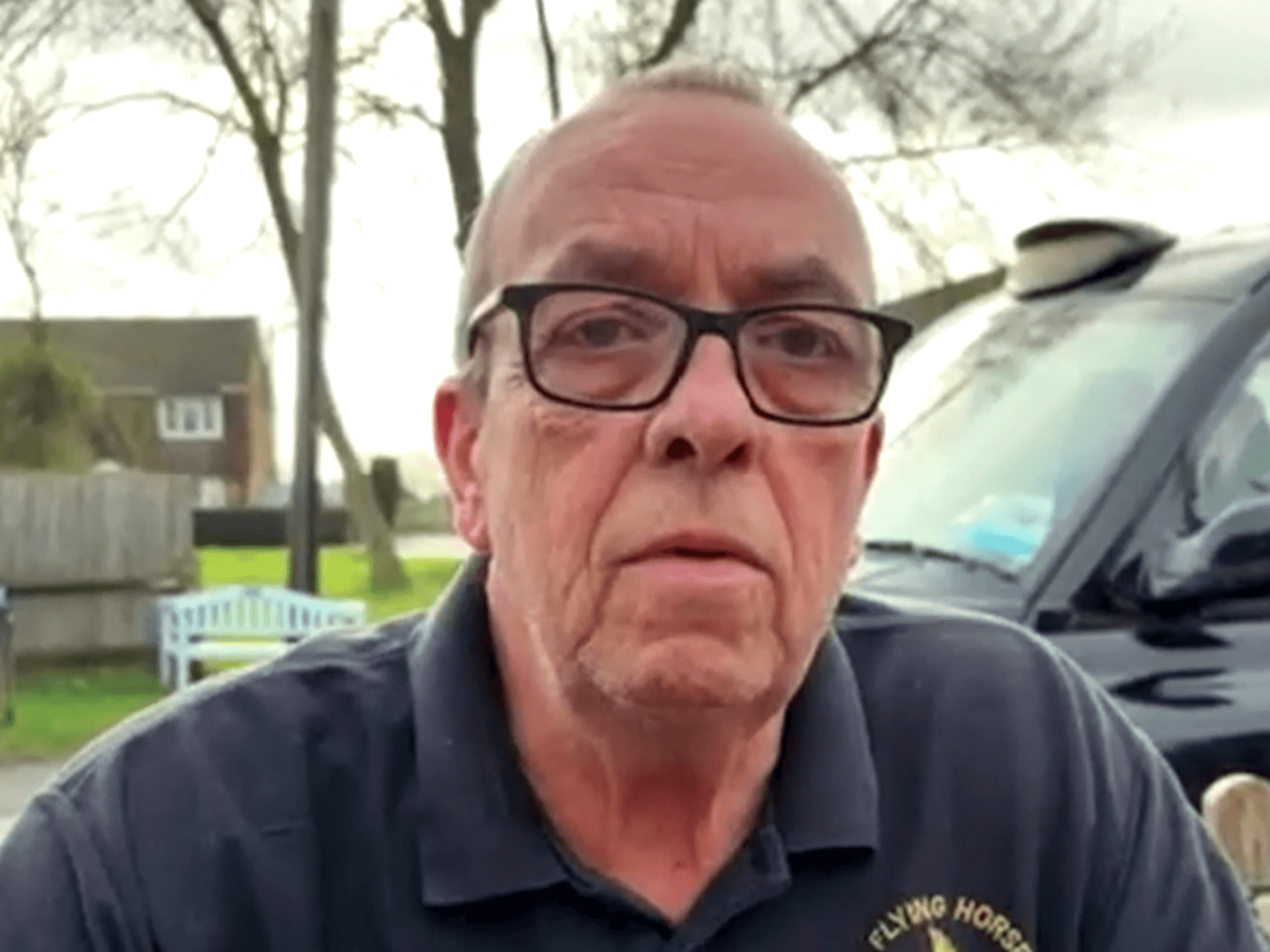Lenny Henry's call for slavery reparations is his best joke yet. Has he followed the money? - Rakib Ehsan

Robert Jenrick says slavery reparations would be a waste of taxpayer money |
GB
Dr Rakib Ehsan, a Senior Fellow at Policy Exchange, warns 'reparatory justice' over the transatlantic slave trade is anything but straightforward
Don't Miss
Most Read
Trending on GB News
In keeping with his background in comedy, Sir Lenny Henry has called on the UK to hand over £18trillion in compensatory payments to both Caribbean nations and individuals affected by the transatlantic slave trade.
In a book Henry has co-authored with TV executive and media diversity campaigner Marcus Ryder, entitled, The Big Payback: The Case for Reparations for Slavery and How They Would Work, the pair argue that “all black British people … need reparations for slavery”.
To put £18trillion into perspective, the total value of the UK’s gross domestic product for 2024 was in the region of £2.5trillion.
This proposed figure for ‘slavery reparations’ has also been supported by the likes of Patrick Robinson, a former International Court of Justice (ICJ) judge from Jamaica who ruled in 2019 that the UK should hand over the Chagos Islands (a territory of major strategic importance in the Indian Ocean) to Mauritius (which has grown closer to China in recent times) ‘as rapidly as possible’.
One could be forgiven for thinking that this demand for the mass transfer of wealth - which would ultimately bankrupt the UK - is being made by those who do not necessarily have the British national interest at heart.
The matter of ‘reparatory justice’ over the transatlantic slave trade is anything but straightforward. It is true that Britain participated in the Atlantic slave trade, but being truthful about this means going right back to the origins of the supply chain.
The role of powerful and wealthy African kingdoms in selling slaves to European merchants should not be overlooked. In the early 18th century, the kings of Dahomey (current-day Benin) became major players in the slave trade.
The Yoruba and Asante elites – of present-day Nigeria and Ghana, respectively - were also heavily involved in slave-trading activities. Do the likes of Henry and Ryder expect West African countries to pay slavery reparations, too?
The reality is that Britain played a pioneering humanitarian role in suppressing the Atlantic slave trade at great human and financial cost - especially the Royal Navy’s West Africa Squadron.
The squadron’s ships patrolled the coast of West Africa, capturing slave ships and freeing in the region of 150,000 Africans destined for the Americas.

Lenny Henry's call for slavery reparations is his best joke yet. Has he followed the money? - Rakib Ehsan
|Getty Images
This was a costly decades-long campaign, with the squadron ships generally not as dynamic and well-equipped as many of the slave vessels, contributing to high mortality rates for the sailors and significant expenses for the Royal Navy.
Do those who support ‘reparatory justice’ believe that the descendants of these fallen sailors deserve any kind of compensatory payment?
Instead of getting ourselves into a right tangle over Britain’s admittedly complicated history and the concept of slavery reparations, it is better to be future-oriented.
This includes the UK co-operating with Caribbean and African Commonwealth countries in the spirit of partnership between sovereign nations, as well as striving to make good on the promise of equality of opportunity for its diverse communities at home.
It would be more fruitful to focus on practical solutions as opposed to entertaining the politics of grievance and victimhood.
More From GB News










